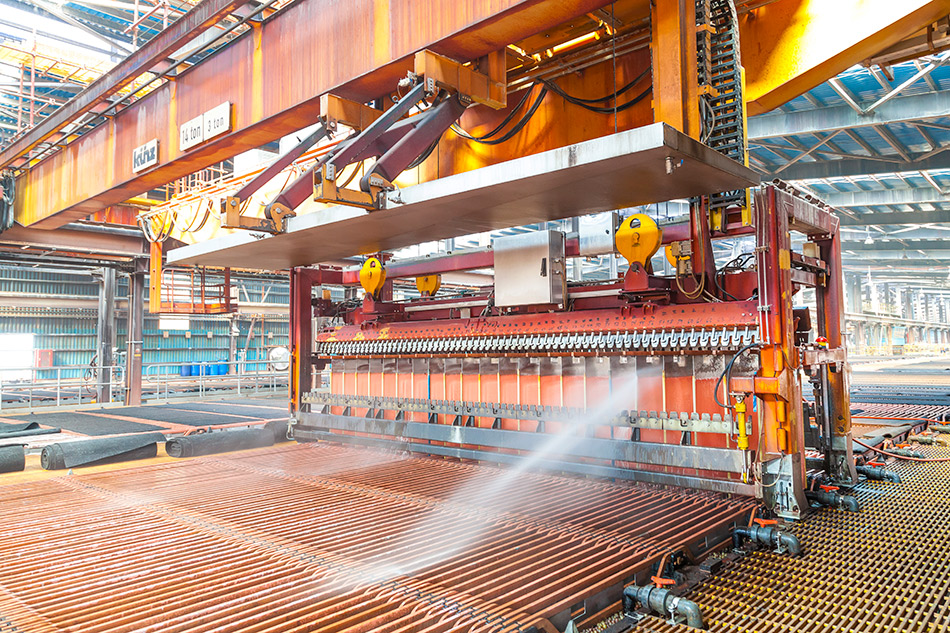 In its third legislative session, the Chilean Chamber of Deputies (Chile’s lower house of congress) passed a new mining royalty 101 to 24. Supporters say the initiative seeks to strike a balance between higher tax collection without discouraging mining investment. These reforms, however, will require large mining companies to pay more to the Chilean government. Once Chilean President Gabriel Boric signs the bill, it will become law, and he is expected to do so.
In its third legislative session, the Chilean Chamber of Deputies (Chile’s lower house of congress) passed a new mining royalty 101 to 24. Supporters say the initiative seeks to strike a balance between higher tax collection without discouraging mining investment. These reforms, however, will require large mining companies to pay more to the Chilean government. Once Chilean President Gabriel Boric signs the bill, it will become law, and he is expected to do so.
For copper miners, the top tax rate will reach 46.5% for companies that produce 80,000 metric tons per year (mt/y) of copper or more. It also establishes a 1% tax on copper sales from companies that sell more than 50,000 mt/y, along with an additional 8% to 26% tax based on the mining company’s profit margins.
The president of Chile’s National Mining Society (SONAMI), Jorge Riesco, said the royalty bill will end a 5-year period of uncertainty for the mining sector, which has affected investment.
“We were skeptical that our technical arguments could be addressed in the Lower House, we even feared that what came out of the Senate could be worse,” Riesco said. “This has not happened. What ultimately came out is better than what was originally intended. Finance Minister Marcel understood our position and made several adjustments. The most relevant aspect of this initiative is that, for the first time, direct resources are allocated to the mining regions, which has not happened previously due to fiscal centralization.”
One of the objectives of the royalty is to increase economic benefits for the regions surrounding the mines. “The new bill will allow the state to increase its participation in the [royalties] from copper mining and, on the other hand, will allow the distribution of a third of those resources to all regions of the country, to the mining communes most affected by mining activity in their territory and the 302 communities with the fewest resources and the greatest dependence on municipal funds,” said Mario Marcel, Chile’s Minister of Finance.
Admitting that mining companies will pay higher taxes, Marcel said “the amounts will be known by the investors, and they will be able to evaluate their projects with certainty to materialize their investment.”






